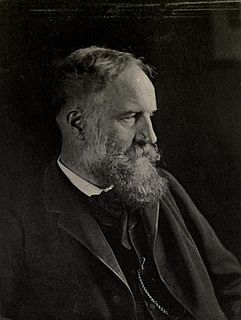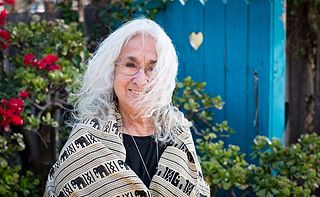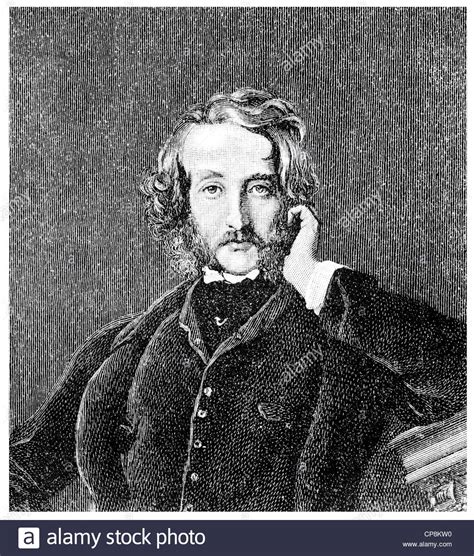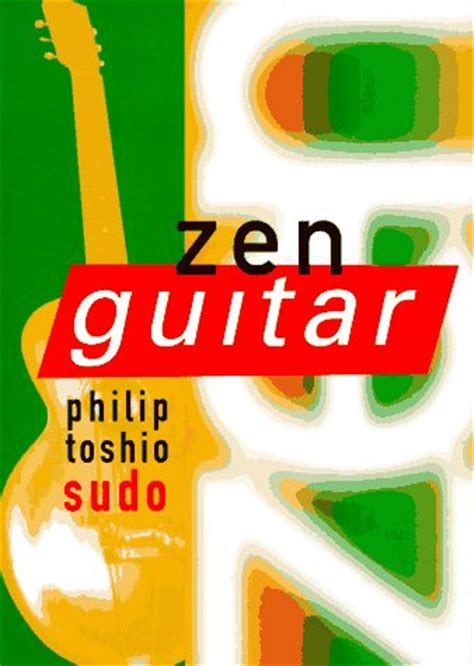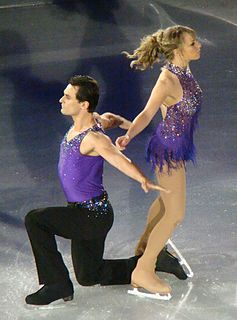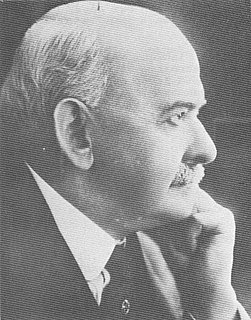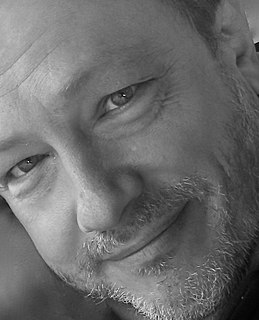A Quote by Philip Gilbert Hamerton
The happiest life is that which constantly exercises and educates what is best in us.
Related Quotes
Nothing is easier than to admit in words the truth of the universal struggle for life, or more difficult - at least I have found it so - than constantly to bear this conclusion in mind...We behold the face of nature bright with gladness...We do not see, or we forget, that the birds which are idly singing round us mostly live on insects and seeds, and are thus constantly destroying life.
For many of us, the computer is the means by which we earn a living. To give it a nod, then, is a way of thanking the tool for what it provides in life. It helps put bread on the table and a roof overhead. It gives us work and pleasure, exercises our minds, brings us information, connects us with other people. It is a partner helping us achieve our goals. Nodding also thanks the unseen hands and minds who helped create our machine.
My father was a very good amateur pianist, and he had a collection of books on technique. One of the things he had was a small volume of exercises by Rudolf Ganz, in which Ganz mentions the pedagogical work of the Swiss composer, Émile-Robert Blanchet, who wrote a ton of polyphonic exercises for one-hand. These exercises were a great help for finger independence, which I acquired early on. This might have given me somewhat of an edge, a facility to be able to knock any obstacle that was in my way.
